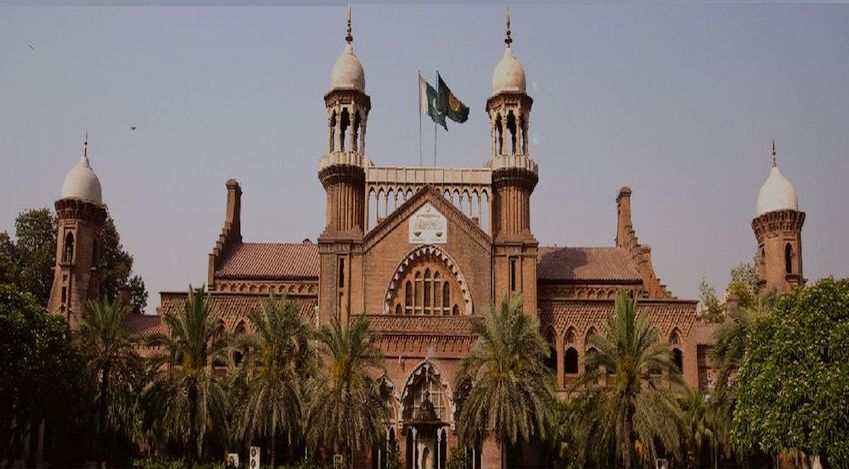The Stipulations in a Nikah Nama, such as Dower Amounts or Compensatory Payments, are part of a legally binding Civil Contract --- Lahore High Court, Lahore
Islamabad 11-11-2024: In a recent judgment, the Lahore High Court (Rawalpindi Bench) upheld the enforceability of deferred dower stipulated in the Nikah Nama, reaffirming that conditions set within this marital contract are binding and legally enforceable. This ruling restores the trial Court’s decision in favor of Mst. Shamim Akhtar, who sought recovery of Rs. 300,000 as stipulated in her Nikah Nama, while dismissing her claim for four tolas of gold ornaments due to lack of evidence.
The case involved a dispute between Mst. Shamim Akhtar and her ex-husband, Farooq Azam, regarding dower and personal property. The trial Court initially granted Akhtar the deferred dower amount of Rs. 300,000 upon Azam’s remarriage and subsequent divorce of Akhtar, based on a stipulation in their Nikah Nama. The Court ruled this amount as deferred dower, an obligation payable upon the occurrence of certain events. The judgment was later challenged, but the Lahore High Court has now confirmed its enforceability, restoring the trial Court’s decision.
The judgment confirms that stipulations in a Nikah Nama, such as dower amounts or compensatory payments, are part of a legally binding civil contract. This principle is rooted in the Muslim Family Laws Ordinance, 1961, which recognizes marital agreements as enforceable under Pakistani law. The Lahore High Court cited previous case law, including Ghulam Shabbir Vs. Mst. Abbas Bibi (2022 CLC 963), which supported the enforceability of such conditions while affirming that they do not restrict the husband’s right to divorce.
The judgment also addressed Akhtar’s claim regarding gold ornaments, which she alleged Azam had taken. However, due to conflicting testimony, including her admission that he was abroad during the alleged incident, the Lahore High Court upheld the trial Court’s dismissal of this claim, reinforcing the importance of clear evidence in personal property claims within marital disputes.
The Lahore High Court highlighted its authority under Article 199 of the Constitution of Pakistan to rectify lower appellate decisions that may have overlooked contractual rights in family law. Citing Mst. Tayyeba Ambareen Vs. Shafqat Ali Kiyani (2023 SCMR 426), the Court intervened to restore the initial judgment, underscoring its commitment to upholding contractual and legal rights within marital agreements.
Powered by Froala Editor








